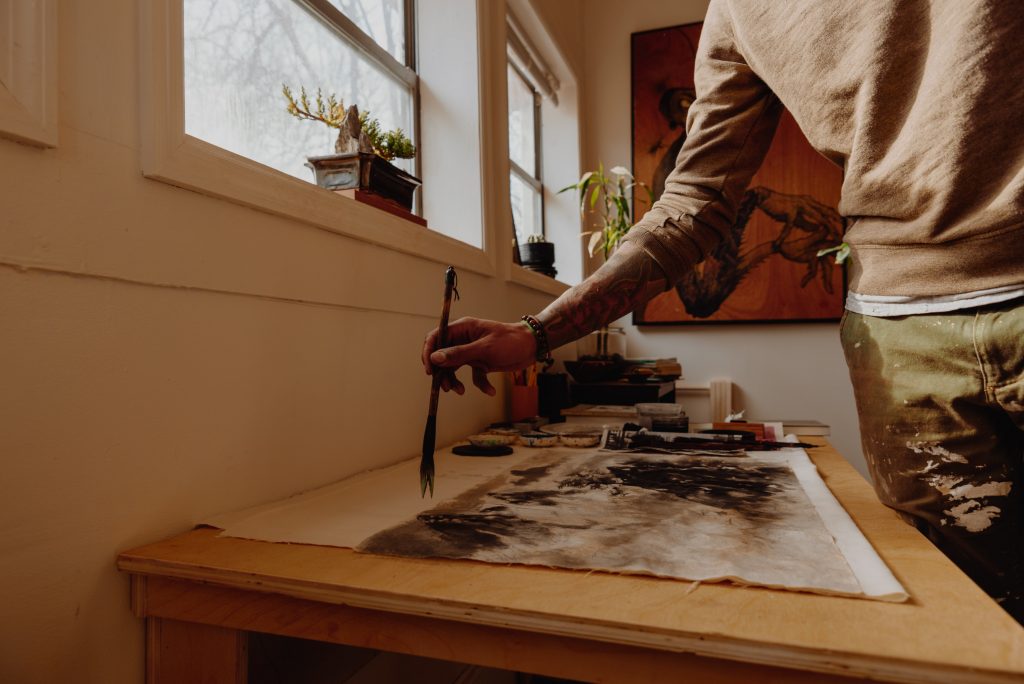
A global Adobe study discovered that while only half of adults in the United States consider themselves to be creative, 70 percent of Americans believe creativity is necessary to the economy. Creativity has numerous proven benefits such as increased happiness, lower chances of dementia, improved intelligence and a stronger immune system.
People who do not consider themselves creative probably feel discouraged by these benefits. It is easy to be jealous of individuals who seem to have an abundance of creativity when you feel like you lack any artistic talent.
Often, we fall into a habit of equating talent with creativity. However, creativity has a much broader definition than just the ability to create something unique or interesting. The “Encyclopedia of Creativity” calls for an expanded definition, one that includes a process in addition to personality and product.
We typically think of creativity as a personality trait that people are born with. We decide whether or not someone has this trait based on the products they create. Children who can paint beautiful and unique art, who appear to be gifted at piano or singing or who frequently tell imaginative stories are marked as creative. Those children who struggle more with the arts are told they are not as creative. They are encouraged to try other disciplines, like sports or math.
When we think of creativity as a process, the end product no longer matters. An unattractive drawing does not mean the artist did not engage in a creative process. People get quickly wrapped up in whether their dancing or singing or writing is good or bad and ignore the fact that simply engaging in these activities is acting creatively.
Of course, good dancers and singers need a level of precision, but the creative process requires no judgment. Even activities like sports or math involve the creative process. Both require many decisions and moments of improvisation. Where should I kick the ball next? What will happen if I move this number here? How am I going to successfully complete this problem or this play? Answering these questions is a creative act that provides all the benefits of creativity.
There are many ways to try to become a more creative person – and one of the best is by exposure to creativity. Mask up and take a trip to the Nelson Atkins Museum of Art. Read more poetry. Watch a musical. Follow
Little changes in daily life can also help you implement creativity into your routine. Make a substitution in a recipe, or try a new flavor combination. Write a little every day. Come up with a way to safely keep in touch with your friends during a global pandemic. Put on some music and dance around your room. Fix a problem or a sink. Rearrange your furniture, or move an item from one room to another. Go for a run, and try a new route. Choose a word a day and try to work it into conversation.
Creativity does not have to be something that’s never been done before. It can be your own take on something that is done all the time. Imitation becomes an act of creativity when improvisation is necessary. Improvise on everything. There is creativity in every small decision, in every annoying change of plans.
You don’t have to be good at every avenue of creativity, but it is important to enjoy the process. If something isn’t working for you, try something else. Never limit yourself. If you tell yourself you are not creative, it will be much more difficult to enjoy the process. Creativity can be a private act – something you never share with anyone else. You do not need to love the product, but the more you complete the process, the more you will feel the benefits of creativity.
